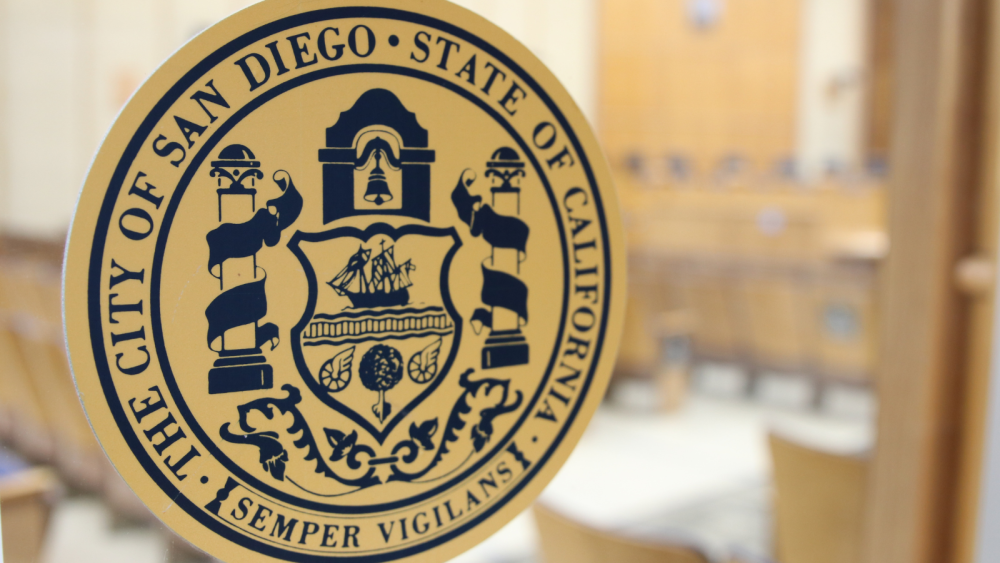Understanding the City of San Diego’s Budget Process

This week, May 5-9, City departments will present their budget proposals to the City Council’s Budget Review Committee. San Diegans are invited to participate and provide input through public comment at the meetings.
Every year, the City of San Diego is required – under the City Charter – to release a proposed budget on or before April 15. This kicks off a very public process of evaluating the proposed budget, which is a draft and anticipated to change before the final adoption of the fiscal year budget in June.
This year, Mayor Todd Gloria released a draft Fiscal Year (FY) 2026 budget, which calls for balancing investments in future programs with needed service reductions to tackle a projected $258 million deficit. This structural deficit has been anticipated for several years due to ongoing expenditures outpacing the City’s ability to generate needed revenue, and amid declines in hotel room and sales taxes. The projected deficit impacts the City’s General Fund, which is explained in more detail below.
Budget Timeline
October to November – Department of Finance updates the General Fund Five-Year Outlook, which serves as the foundation to determine any surplus or shortfall projected in the General Fund for the upcoming fiscal year.
November to December – City departments begin budget development process, incorporating equity into budget development and evaluating programs and service levels for the next fiscal year.
January – Departments submit budget requests and any potential reductions for the next fiscal year, based on financial information known at the time.
February – Staff present proposed department budget requests and reductions to the Mayor and the City’s Executive Management Team.
February to March – Department of Finance updates revenue projections based on the most current economic conditions and incorporates budget decisions to develop a balanced draft budget.
April 15 – Draft budget is presented.
May – Series of public budget hearings held to obtain San Diego residents’ input on spending priorities. Revised version of the budget is released.
June – Final changes to the revised budget are implemented based on City Council modifications. The City Council adopts the final budget and it is signed into law.
July 1 – New fiscal year begins.
About the City’s General Fund
In order to balance the fiscal year budget – a requirement under the City Charter – the City of San Diego considers current economic conditions that impact the sources of revenue for the City’s General Fund. The four major General Fund revenue sources are property taxes, sales taxes, hotel taxes and franchise fees. Additionally, the City has the ability to recover costs in the General Fund through reimbursement for services from other revenue-generating funds that make up the City’s budget.
General Fund Revenue Sources
For FY26, total General Fund revenue is $2.15 billion, of a total budget of $6.04 billion. In addition to the General Fund, the City has four other operating fund types and the Capital Improvements Program (CIP).
While the draft Fiscal Year (FY) 2026 budget includes service level reductions to address the projected $258 million deficit, City finance experts project that the deficit will continue to grow larger than originally projected. This is largely due to a marked dip in sales tax revenue, lower-than-anticipated franchise fees from San Diego Gas & Electric, and an increase in employee pension costs.
Additionally, uncertainty in inflation, interest rates, economic policies, and geopolitical conflict have resulted in the slower-paced growth anticipated in Fiscal Year 2026. The pace of home sales, for example, has a direct impact on property tax and the City’s revenue stream.
At the direction of Mayor Gloria and the City Council, the City staff have explored every option available to identify new sources of revenue for the General Fund in FY26. This includes a rightsizing of fees for services – for things like special events, park uses and library room rentals – along with increasing parking meter rates and parking citation penalties. Additionally, two voter-approved revenue measures are moving forward – one that allows the City to levy a fee to cover the cost of residential trash collection (Measure B), as well as an increase to the City’s hotel-room tax (Measure C).
New economic information will be factored in when Mayor Gloria releases his revised, official budget proposal on May 14, 2025. This proposal will come after the City Council and members of the public have had the opportunity review and provide input during the Budget Review Committee meetings scheduled for the week of May 5-9.
